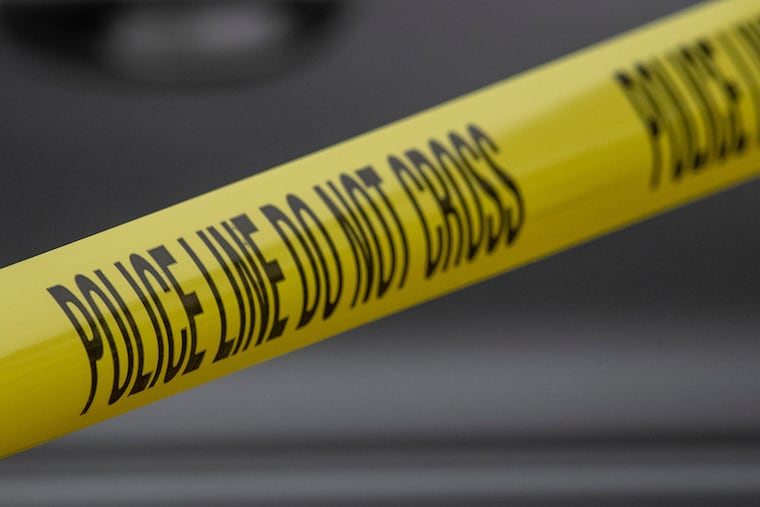Federal judge allows ICE access to Jewish and Christian congregations, differing from previous ruling in a Quaker case.
A federal judge has dismissed a request from 27 religious organizations, representing various Christian and Jewish denominations, seeking to inhibit a policy instituted by the Trump administration that permits immigration enforcement agents to conduct warrantless operations in houses of worship. This ruling, handed down recently, follows a starkly different ruling by another federal judge that had previously prohibited U.S. Immigration and Customs Enforcement (ICE) agents from entering facilities associated with Baptist, Quaker, and Sikh congregations, as a response to a separate lawsuit.
Both legal actions, which feature several organizations affiliated with congregations in Philadelphia, challenge significant changes in immigration policy. These changes arose amid the administration’s broader initiative to crack down on undocumented immigrants, culminating in the rescission of previous guidelines that had restricted federal agents from enforcing immigration laws in sensitive locations including churches, schools, and medical facilities.
The recent ruling has raised concerns about the implications for houses of worship in Philadelphia. The plaintiffs argued that the policy undermines their religious freedoms, contending that immigration enforcement actions during worship services or community outreach programs could severely disrupt their religious practices. They sought legal intervention to restore the sanctuary status of worship spaces, fearing that congregants might avoid attending services due to the threat of immigration raids.
Dabney Friedrich, the federal judge overseeing the case, determined that the plaintiffs had not sufficiently demonstrated a credible threat stemming from the policy change. According to Friedrich’s assessment, there had been only a single incident involving immigration enforcement at a religious institution related to the groups in question following the policy shift. This led her to conclude that such places were not being singled out as targets for enforcement.
While the ruling disappointed leaders within the suing denominations, particularly Rabbi Deborah Waxman of Reconstructing Judaism, it underscores a significant legal divide. In contrast, the earlier ruling in Maryland affirmed protections for Quaker, Sikh, and Baptist congregations, preventing ICE from entering their religious spaces without a warrant, citing concerns over the lack of safeguards for places of worship.
The Department of Homeland Security (DHS) did not provide immediate commentary on the latest decision but has previously argued that their policy is meant to prevent criminal elements from using houses of worship as safe havens.
For the congregations affected by the recent decision in D.C., the ruling indicates that the policy remains intact and the implications for Philadelphia’s houses of worship are uncertain, while those connected to the Maryland suit enjoy temporary legal protections. The outcome will likely continue to influence the landscape of immigration enforcement in sensitive locations across the United States.
Media News Source.







